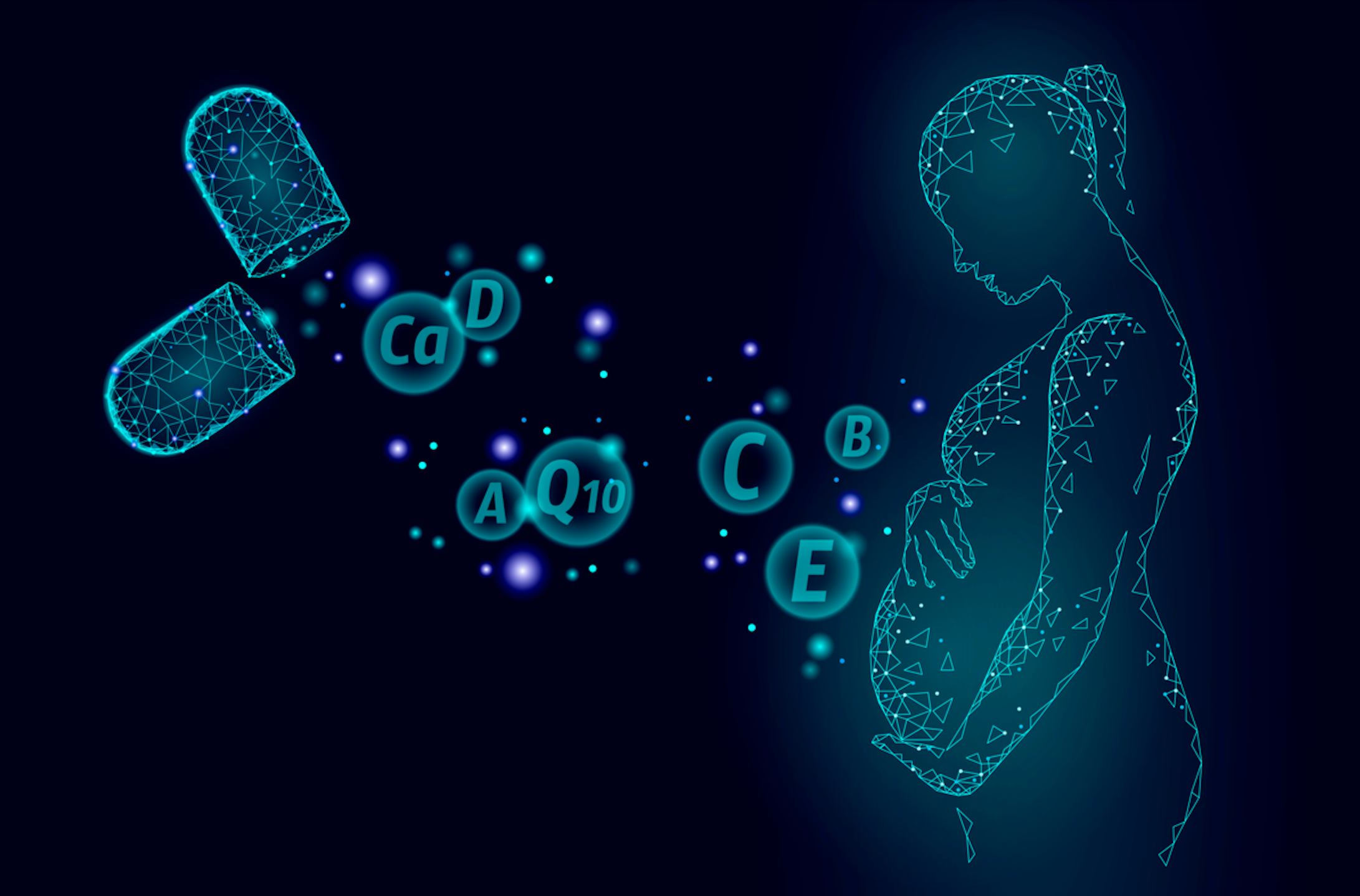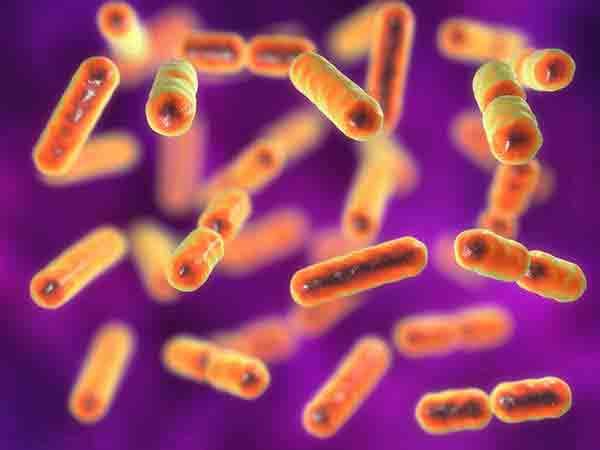Gut microbiota: Linking nutrition and perinatal depression
Perinatal depression is a mood disorder occurring during pregnancy (prenatal) and after childbirth (postnatal), with its onset linked to fluctuations in reproductive and stress hormones, as well as neurosteroids. These biochemical changes may be influenced by the gut microbiota, which plays a role in maternal mental health through the gut-brain axis. Emerging research indicates that dietary and nutritional strategies—such as supplementation with vitamin D, omega-3 fatty acids, iron, and fiber—can help prevent or lessen symptoms of maternal depression and anxiety. However, variability between individuals with regard to gut microbiota may impact the effectiveness of these therapies. Probiotics, which help maintain microbial balance, show promise in modulating the risk of perinatal mood disorders, although there is currently no direct evidence from human studies. As such, further clinical trials are necessary to determine how probiotic supplementation could affect perinatal depression and related behavioral outcomes. This article by Song et al. (2022) explores how nutrition, gut microbiota, and mood are interconnected and highlights the potential of probiotics to influence the development of perinatal depression. [NPID: Fiber, perinatal depression, nutrition, microbiota, probiotics]
Year: 2022
 Navigation
Navigation








